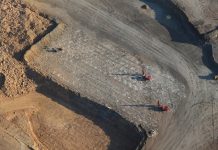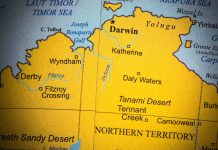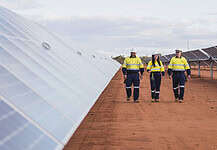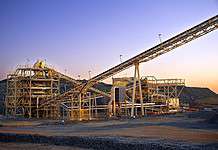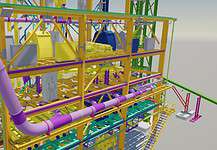 BRITISH multinational Anglo American has given a subdued outlook for the global coking coal and iron ore industries following profit falls in 2013.
BRITISH multinational Anglo American has given a subdued outlook for the global coking coal and iron ore industries following profit falls in 2013.
In its 2013 preliminary results, Anglo reported US$2.7 billion in earnings for the full year, up 7 per cent from the previous year.
However according to The Australian, the company wrought a US$961 million overall loss for the year, inclusive of a US$232 million after-tax writedown from its Foxleigh coal mine in Queensland’s Bowen Basin.
Anglo also noted currently depressed coking coal prices, stating that strong production from the US and Australia had created an oversupply.
However, while US exports had started to fall, Australia’s coal production remained at record highs.
Anglo’s preliminary results reported its metallurgical coal operating profits had fallen 89 per cent in 2013 to US$46 million, due to a 24 per cent drop in global coking coal prices.
Thermal coal profits similarly recorded a 32 per cent drop to US$541 million.
“The tough thing in coking coal is how sticky production is; there are a number of producers that are losing cash, but because of take-or-pay contracts on railway networks in Australia and the US, it has been sticky,” Anglo American chief executive Mark Cutifani said.
“Some will shake out, but not all, which is why we are not terribly optimistic on prices.” Take-or-pay contracts in the US and Australia state that miners must pay for rail commitments, regardless of whether they use them.
Mr Cutifani was similarly unconvinced on future iron ore prices, despite the bullish iron ore outlook expressed by competitor Rio Tinto in its profit report. Mr Cutifani said planned Australian and Brazilian mine expansions would have a negative effect on global iron ore prices.
“I’ve got no doubt this extra supply will have an impact [on price],” he said.
“We’re certainly doing our plans on the expectation it will have an impact. But prices have been surprisingly strong so I hope Rio’s right.”
Mr Cutifani said Anglo American’s outlook for 2015 and beyond was more encouraging.
“Against a backdrop of weaker growth in the world economy in 2013, particularly in the emerging and developing economies, commodity demand remained soft with a decline in average realised prices for most of the commodities Anglo American produces,” Mr Cutifani said.
“While I expect headwinds to continue in 2014 as we reset the business, the benefits of much-improved operational processes and performance will flow through largely in 2015 and 2016.
“In the immediate term, we have already delivered significant sustainable improvements, including early operational improvements, overhead reduction and reducing early-stage project expenditure.
“The world economy should also strengthen in 2014 and 2015 as we continue to emerge from the challenges of the global financial crisis.”

